In the next few years, and if the implementation is done just right, the healthcare industry will be experiencing a transformative revolution, and it will be thanks to the integration of blockchain technology. Beyond its initial association with cryptocurrencies, blockchain is now recognized as a possible game-changer in healthcare, offering enhanced data security, interoperability, transparency, and efficiency. So, in this article, we will investigate the improvements and changes that implementing blockchain technology for the healthcare sector will bring about, highlighting how it is reshaping data security, patient care, medical research, and much more.
The Data Security Imperative
Healthcare is one of the most data-intensive industries, with vast amounts of sensitive patient information generated on a daily basis. The act of protecting this data from breaches and ensuring its integrity is one that has been intensely and constantly studied for any possible improvement. Such is the importance of keeping healthcare data safe, however, traditional centralized systems have unfortunately proven to be vulnerable to cyberattacks, on several occasions putting patient privacy at risk.
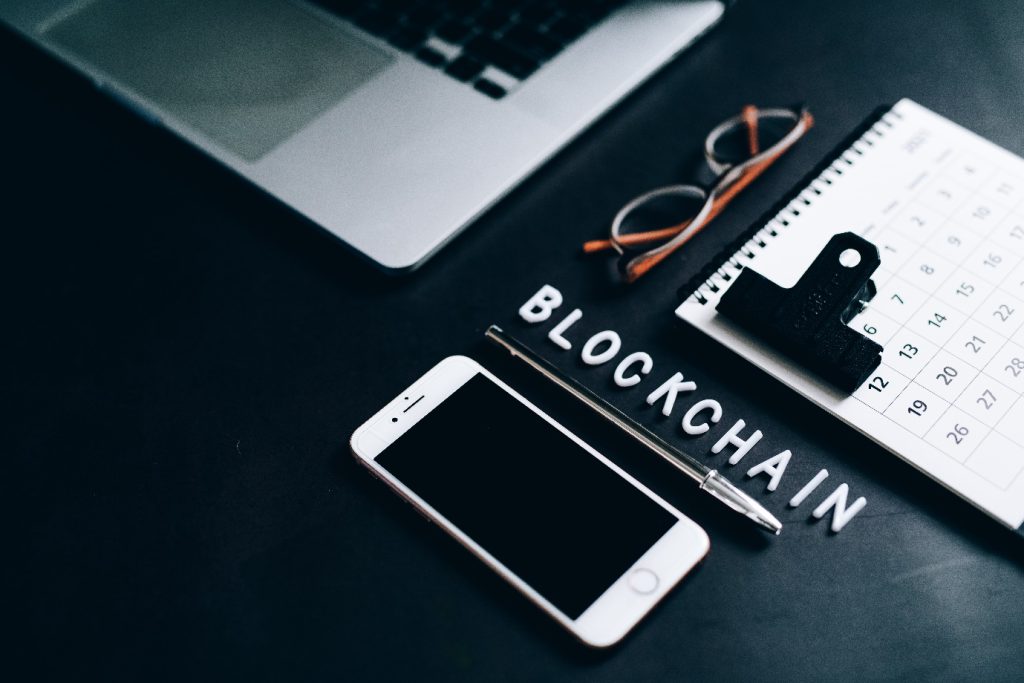
Blockchain: The Guardian of Health Data
Blockchain technology’s decentralized and tamper-proof nature is and can be a game-changer for healthcare data security. Patient records, treatment histories, and even billing information can be stored securely on a blockchain. For those that are not entirely familiar with blockchain technology here’s how it fortifies data security:
Immutability: Once data is recorded on a blockchain, it cannot be altered or deleted without consensus from all participants. This ensures the integrity and permanence of medical records to the highest level.
Encryption: Blockchain networks employ advanced encryption techniques to safeguard patient data, reducing the risk of unauthorized access.
Data Ownership: Patients can have complete ownership of their medical records through the blockchain, granting them control over who can access their information and when.
Consent Management: Smart contracts on blockchain allow patients to specify who can access their data and under what conditions, ensuring privacy and compliance with regulations like GDPR.
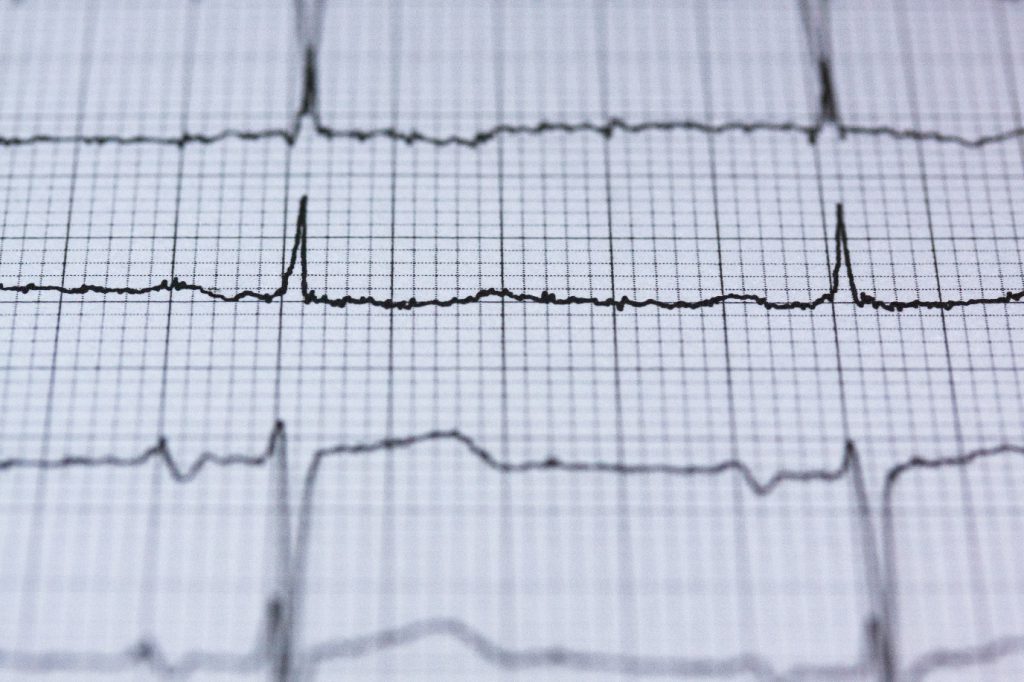
Enhancing Patient Care
Blockchain’s impact on healthcare extends beyond just data security. It also revolutionizes patient care in the following ways:
Interoperability: Blockchain technology would enable different healthcare systems to communicate easily and seamlessly. This means doctors can access patient records from different hospitals, leading to more informed treatment decisions.
Drug Traceability: Blockchain can be used to track the provenance of pharmaceuticals, reducing the risk of counterfeit drugs entering the supply chain.
Telemedicine: Secure, blockchain-based telemedicine platforms would allow patients to consult with healthcare providers remotely, enhancing accessibility to healthcare services.
Clinical Trials: Blockchain technology would help streamline the process of tracking and verifying data in clinical trials, thereby improving transparency and reducing the prevalence of fraud.

Empowering Medical Research
Blockchain is a boon for medical research and innovation:
Data Sharing: Researchers would gain the ability to securely access and share medical data across borders, accelerating the pace of research and discovery.
Patient Recruitment: Blockchain technology would enable efficient and secure recruitment of patients for clinical trials by matching patients with specific criteria.
Intellectual Property Protection: Researchers would gain the ability to timestamp their discoveries on a blockchain, providing a tamper-proof record of their work.
The Regulatory Landscape
While blockchain’s impact on healthcare is promising, it is not without challenges. Regulatory frameworks must evolve to accommodate this transformative technology. Unfortunately, the regulatory status of blockchain enabled technologies is currently a mess, with different countries and regulatory bodies going in different directions with no clear path forward.
Blockchain technology will revolutionize the healthcare industry, and it will do so by bolstering data security, improving patient care, and empowering medical research. As the world continues to grapple with the complexities of healthcare delivery and data management, blockchain emerges as a beacon of trust, transparency, and efficiency. Its impact is poised to redefine how we approach healthcare, ensuring that patients’ well-being remains at the heart of the industry’s transformation.

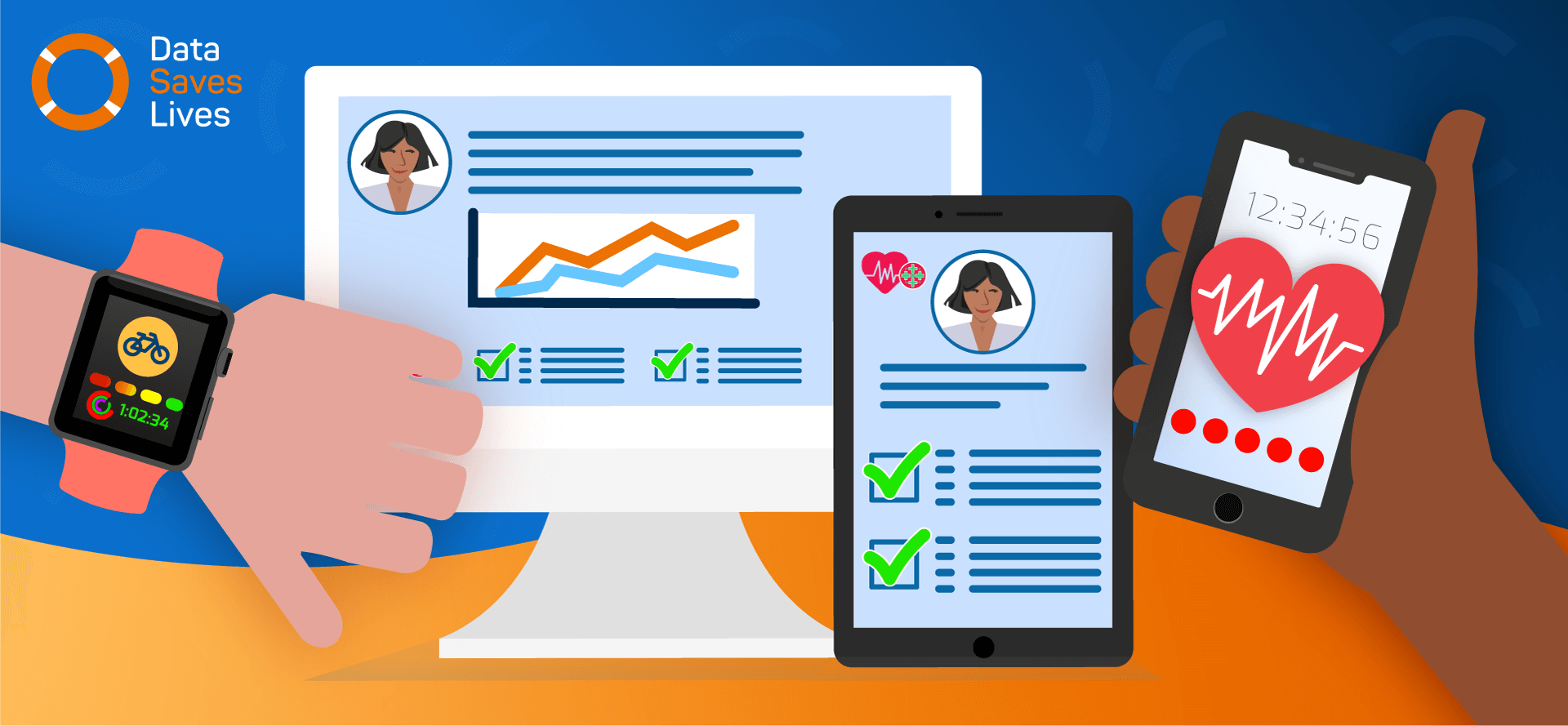

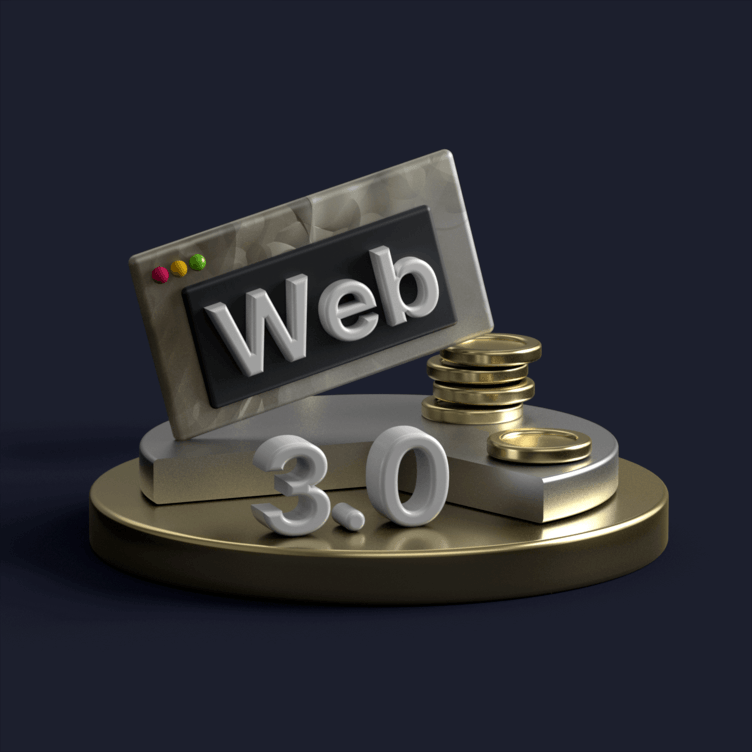


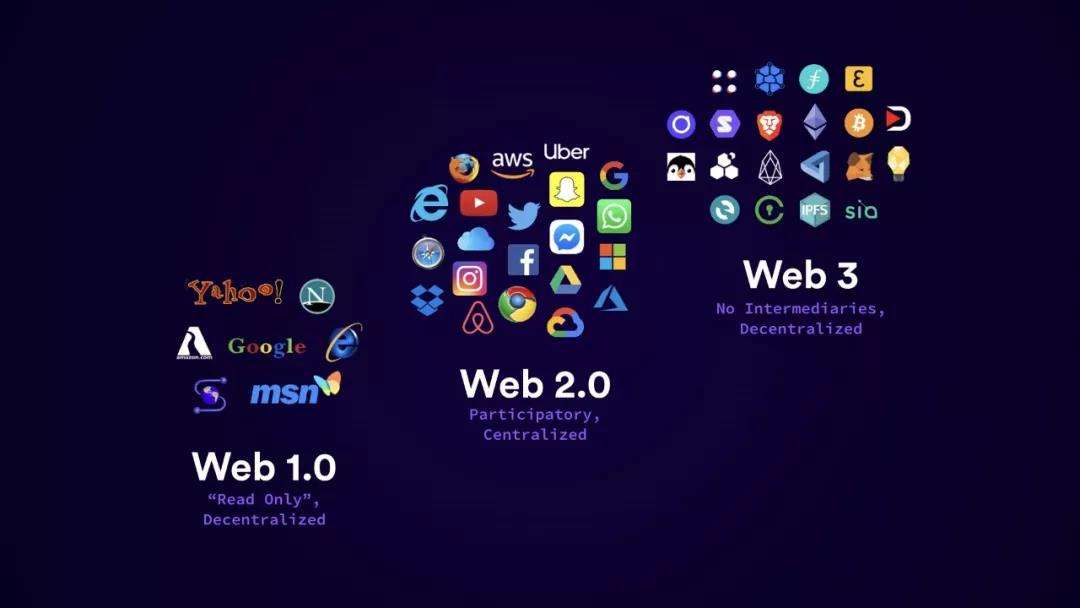
Facebook Comments